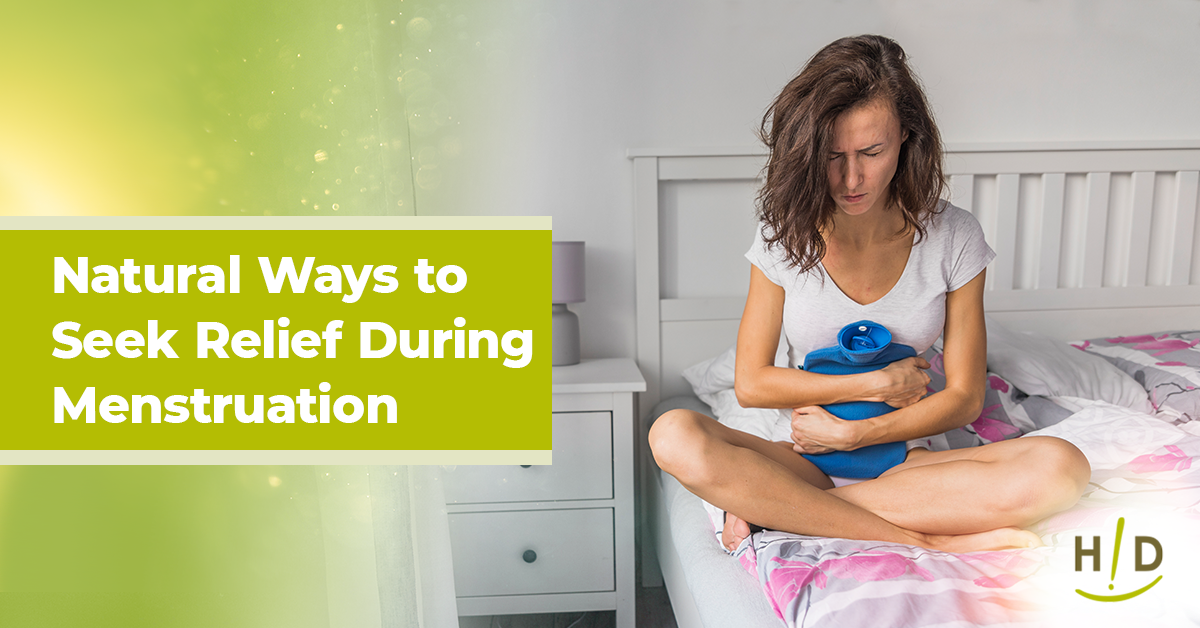Our skin is the largest barrier to infection on our bodies. That means without proper care, you may be more prone to illness and disease. Prioritizing skin health protects your body from the viruses and bacteria it comes in contact with daily, but it also leads to a strong, smooth and attractive complexion.
To improve the overall health of your skin, we suggest maintaining the following natural habits:
1. Use organic products
Whether you're watching television, browsing the internet or shopping at your local convenience store, you're constantly exposed to ads for beauty products that claim to promote skin longevity and a healthy complexion. If you don't pay close attention to the ingredients in the product, however, you could be damaging your skin more than repairing it. Many of these products are made with harsh chemicals that can be toxic to your body when absorbed through the skin. Shop for organic makeup, cleansers and moisturizers to keep your complexion safe.

2. Stay hydrated
When you hydrate your body, you rid the skin of toxins that cause it to become irritated, inflamed, congested and acne-ridden, according to Natural Society. Drink plenty of water throughout the day to reduce your risk for dehydration.
3. Follow a diet that's rich in antioxidants
Antioxidants are vital for reducing inflammation in the body, an unfortunate occurrence that often leads to wrinkles in the skin. By following a diet that prioritizes antioxidants, you can give your skin the fuel it needs to glow and and stay youthful. Blueberries, pomegranates, spinach, raspberries, nuts and seeds are excellent sources of antioxidants.
4. Manage stress levels
High levels of stress can negatively impact your complexion, as the nervous system has an impact on skin, according to Richard D. Granstein, MD.
"High levels of stress can negatively impact your complexion."
"Nearly everyone has some form of stress in their life, so it's difficult to determine whether stress can actually make the skin's appearance worse," he told the American Academy of Dermatology. "However, it's been known for a long time that the nervous system, which processes our stress, has an impact on conditions such as psoriasis."
To reduce your stress levels, spend time with the ones you love, participate in your favorite activities, exercise often or confide in God when you're feeling overwhelmed.
5. Get enough rest
Without the proper amount of rest each night, your skin doesn't have the chance to repair itself after a long day. Set side 7 to 9 hours to sleep every night, and make sure your rest is top quality. Set yourself up for success by developing a normal bedtime routine. Keep your bedroom slightly cold, make sure your space is dark and go to sleep and wake up at the same time every day to ensure your sleep schedule stays consistent.
6. Prioritize vitamin C
You know that vitamin C is essential to a healthy immune system, but did you know it can also positively impact the look and feel of your skin? Prioritizing this essential vitamin is a simple way to take care of your complexion naturally. Beyond eating vitamin C-rich foods such as citrus fruits, peppers, broccoli, kale, strawberries, Brussels sprouts and grapefruit, consider taking Hallelujah Diet Liposomal Vitamin C. It's the most absorbable, powerful form of vitamin C available and is known best for its ability to boost the immune system, improve cardiovascular health, prevent free radical damage and support healthy aging.
Remember: Proper diet and exercise are key pieces to the puzzle of healthy living. Continue following our regimen to live your life to the fullest.








